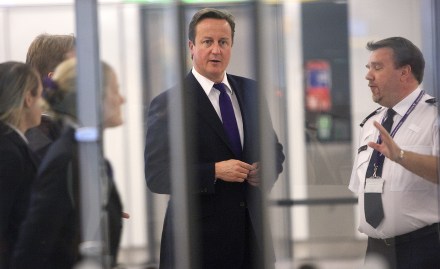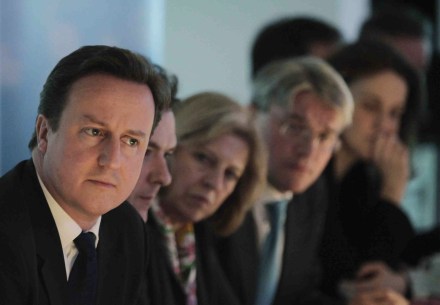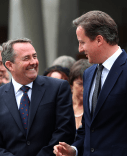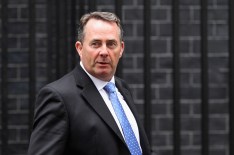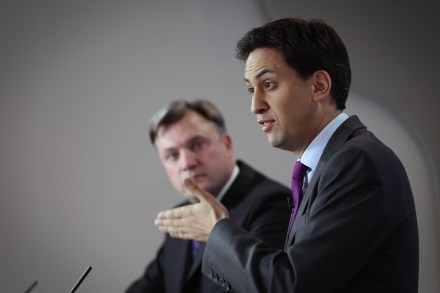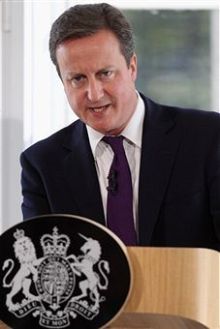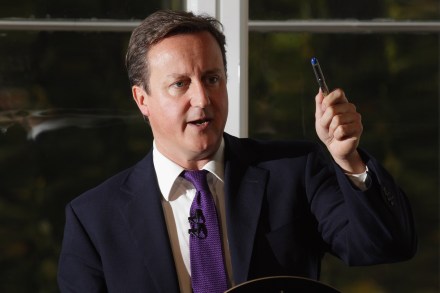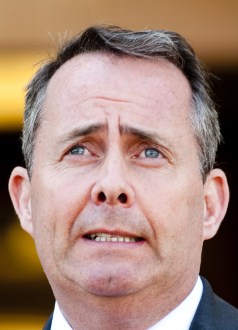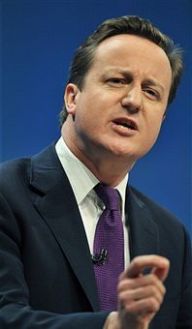Voters support lower immigration, but not the government’s policies
A major new survey of public opinion on immigration, published today by the recently-established Migration Observatory, should prove troubling reading for realists inside the Conservative party. As yet, the opposition are not threatening them on the issue – Labour still find it easiest to get noticed when they are apologising for their own record – and the general thrust of the Conservative approach, that immigration has been too high and must be reduced, is clearly very popular. But they have two problems. First, hardly anyone believes the government will actually deliver on their promises. A recent YouGov poll found 78 per cent believe it unlikely they would succeed in reducing
